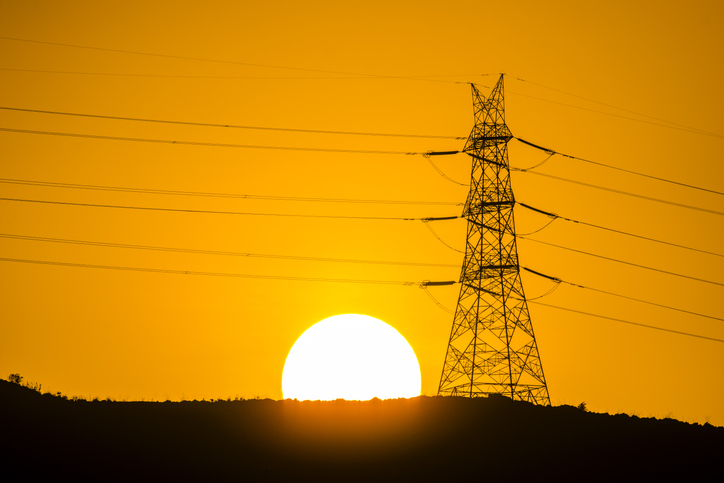Maharashtra, Andhra Pradesh, Assam and Tripura have emerged as the top performers in the State Energy Efficiency Index (SEEI) 2024, released by the Ministry of Power on Friday.
The index, developed by the Bureau of Energy Efficiency (BEE) in association with the Alliance for an Energy Efficient Economy (AEEE), assesses the performance of 36 states and Union Territories in FY24 across sectors including buildings, industry, transport, agriculture, municipal services and electricity distribution companies.
Releasing the report, Additional Secretary in the Ministry of Power and BEE Director General Akash Tripathi said energy efficiency is central to India’s climate goals. “As we chart our path towards net-zero emissions by 2070 and a 45 per cent reduction in emissions intensity by 2030, energy efficiency offers impactful, low-cost solutions across sectors,” he said.
States were categorised into four groups based on total final energy consumption. Maharashtra topped the list in Group 1 (>15 MToE), Andhra Pradesh in Group 2 (5-15 MToE), Assam in Group 3 (1-5 MToE), and Tripura in Group 4 (<1 MToE).
Compared to SEEI 2023, the number of “Front Runner” states has declined from seven to five, with Andhra Pradesh, Karnataka, Maharashtra, Telangana and Tamil Nadu maintaining their positions. Assam and Kerala figure in the “Achiever” category, while Haryana, Punjab, Rajasthan, Odisha and Uttar Pradesh were placed in the “Contender” group.
The sixth edition of the index features 66 indicators and a sharper focus on implementation. The report notes that 24 states have notified the Energy Conservation Building Code (ECBC) 2017, 31 states adopted electric mobility policies, and 13 states promoted solar-powered agricultural pumps. Kerala achieved the highest adoption of energy-efficient pumps at 74 per cent.
All 36 states and UTs have now developed State Energy Efficiency Action Plans, while 31 have formed state-level steering committees on energy transition.
Officials said the index will continue to serve as a key policy tool to monitor progress, promote best practices and support India’s broader climate and energy security targets.










